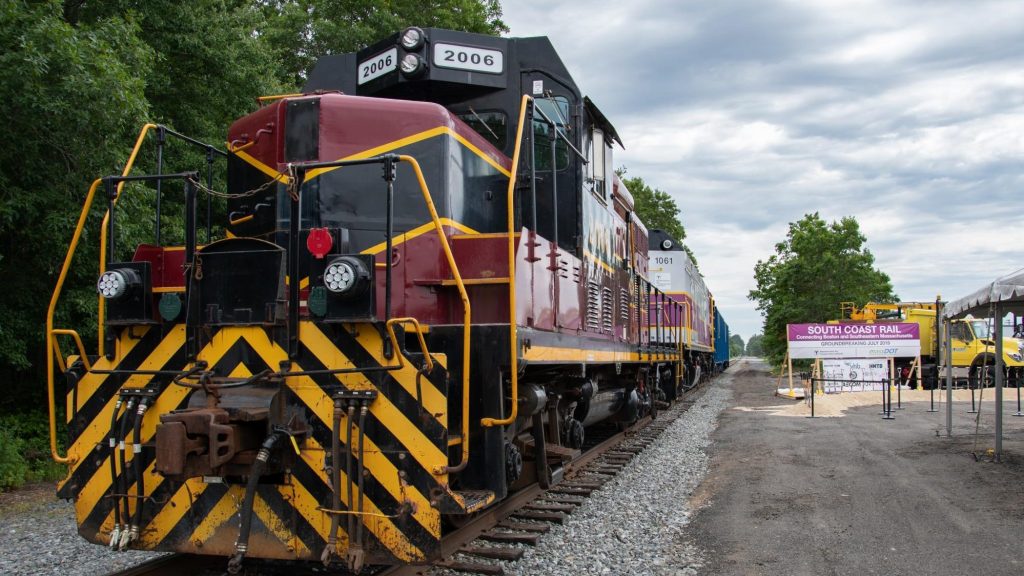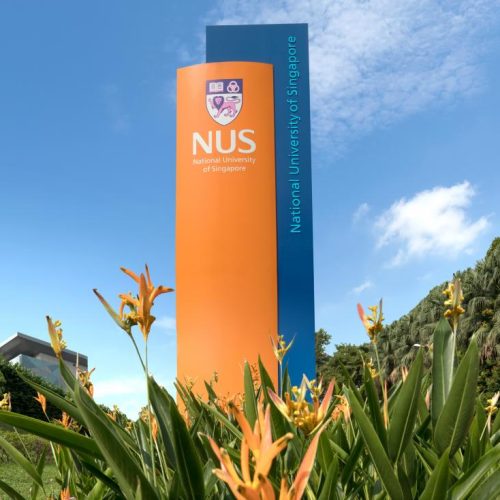
A second owner whose property was taken for the South Coast Rail has won a jury judgment in their case against the state agency developing the project, as the City of New Bedford is still negotiating with the Massachusetts Bay Transportation Authority for a higher offer for land in a separate dispute.
A Bristol County Superior Court jury last month returned a verdict for the owner of property on Church Street that was not quite what the plaintiffs were seeking, but still more than four times the $102,300 that the MBTA originally paid in 2019. The case involved about a half-acre taken from a larger piece of property for the Church Street Station platform itself, and for the right to use surrounding areas.
“We’re very happy with the results of both” cases, said Jason Scopa, the lawyer who tried the case last month, whose firm also handled a case for another owner who in 2022 won a jury verdict for a third more than what the MBTA first paid, a difference of $1.2 million.
The lawyer who handled the recent case for the MBTA declined an emailed request for comment on this story.
According to the file in the more recent case, the property owner, 355 Church Street Limited Partnership, was paid $102,300 in October 2019. That sum covered taking a rectangular piece of land measuring about a third of an acre that was to be used for the platform, plus two permanent easements, or rights of use, and a temporary easement on three rectangular pieces measuring nearly 14,000 square feet.
This land was part of a larger piece of property that the owners argued had diminished in value as a result of the takings. That claim for “severance damages,” in the legal language, was the largest portion of the total claim made in this case.
The owner claimed more than $717,439 in these damages, plus more than $307,000 for a total of just over $1 million.
After a four-day trial at Superior Court in Taunton in March, the six-person jury returned a verdict awarding $230,000 in severance damages, plus other damages adding up to $450,000.
In October 2022, according to an account in The Standard-Times, a Bristol County Superior Court jury decided that a piece of land at 387 Church Street had been worth $3.51 million, although the Michigan-based company that brought the lawsuit against the MBTA was paid $2.32 million for the state land-taking in 2019. The company had paid $2.1 million for the property in 2018 with plans to develop a self-storage business, according to the news account.
Scopa’s associate in the Saugus law firm, Peter Flynn, one of the state’s most experienced eminent domain lawyers, handled that case. Scopa said the outcomes of the two jury trials show that the MBTA “is minimizing the effects of the projects on the properties that are taken for these projects.”
It remains to be seen if this pattern will continue in the City of New Bedford’s eminent domain dispute with the MBTA, which so far has not ended up in court.
The closest it has come to that is a complaint against the MBTA drafted by the city but never filed in court. In the draft complaint, the city argued that it was underpaid for about eight acres near the so-called “Whale’s Tooth” parking lot off Acushnet Avenue that was meant to be used for employee parking, layover space for trains and other purposes.
The city also claimed that the MBTA did not have authority to take the land in 2020 and 2021, as the city at that time was not a member of the state transit system. New Bedford joined the MBTA system by popular vote in 2022.
The draft legal argument became public last year in a story first published by the Boston Globe, raising a chorus of criticism against Mayor Jon Mitchell by state legislators who thought the tactic would sour relations with the MBTA and possibly jeopardize the South Coast Rail project.
An MBTA spokesman last year said the state paid $486,627 for the city property. The spokesman, Joe Pesaturo, released a statement last year saying the agency “appropriately exercised its eminent domain powers as provided by the Legislature and paid fair market value for all the properties taken.”
State representatives William Straus of Mattapoisett and Christopher Markey of Dartmouth railed against Mitchell for actions they said could alienate the MBTA and cast doubt on the future of the commuter rail project.
In a story in The Light on the draft lawsuit last year, Flynn, the eminent domain lawyer, downplayed the risk the city had taken. He said he thought the argument about the agency’s authority on land takings in communities that are not in an MBTA district was sound.
“If you ask me who wins, New Bedford wins.” Flynn said at the time.
City spokesman Jonathan Darling said the city would not comment on the outcome of the most recent land-taking case. He said the city has not filed suit against the MBTA. He said negotiations with the state agency, which were going on last year when the draft suit became public, are continuing.
Email Arthur Hirsch at [email protected].
More stories by Arthur Hirsch
The post Second property owner wins judgment in New Bedford land-taking case against MBTA appeared first on The New Bedford Light.


